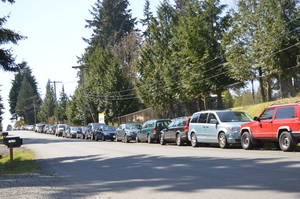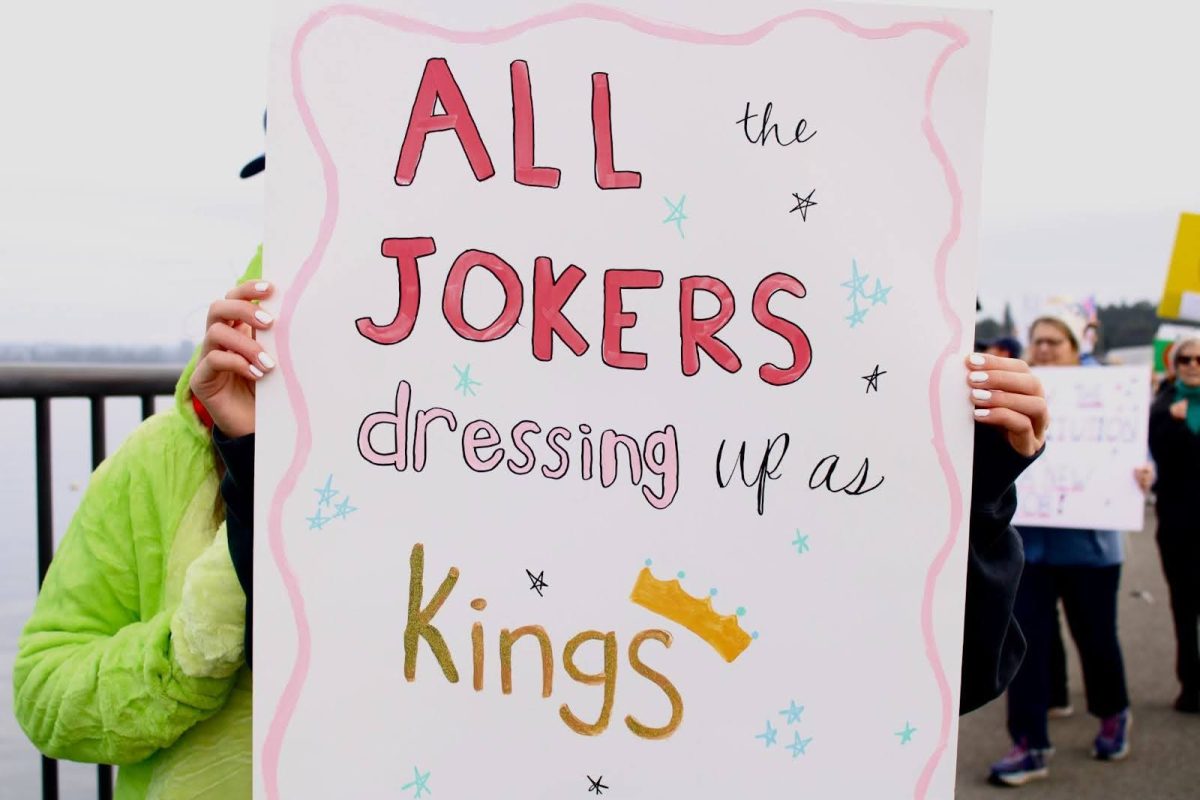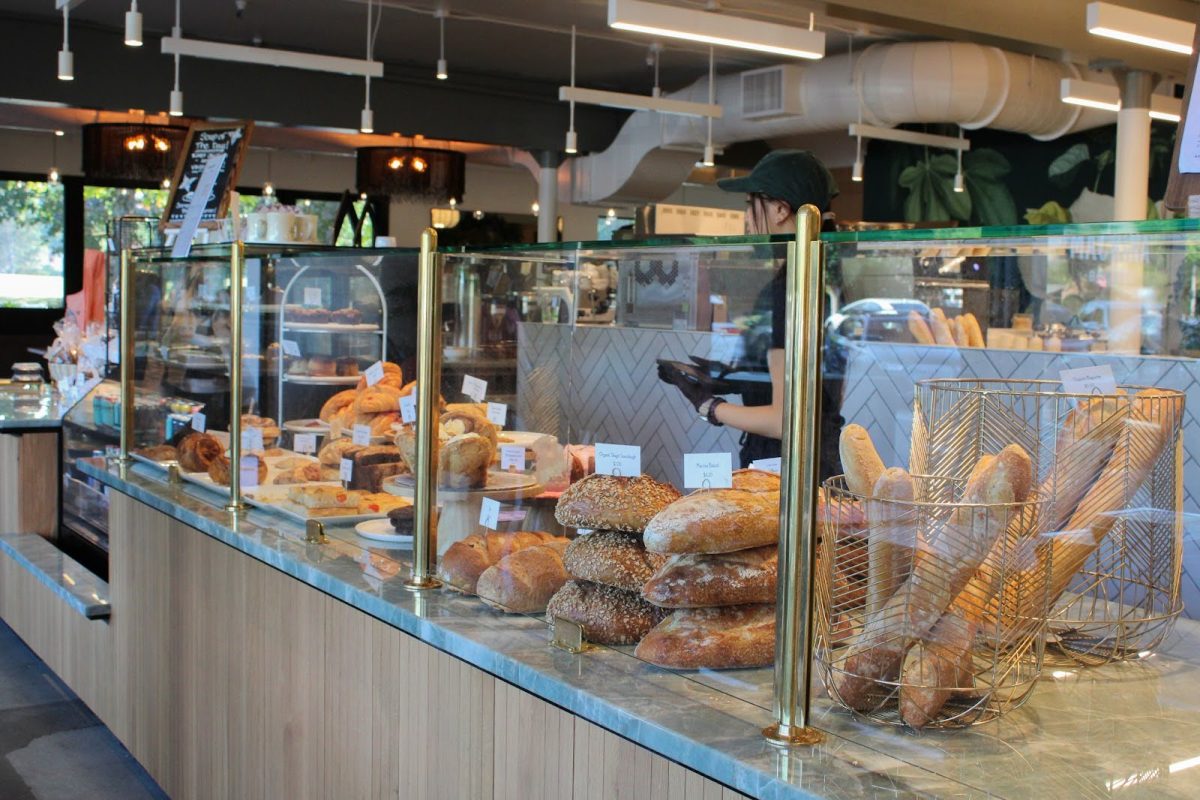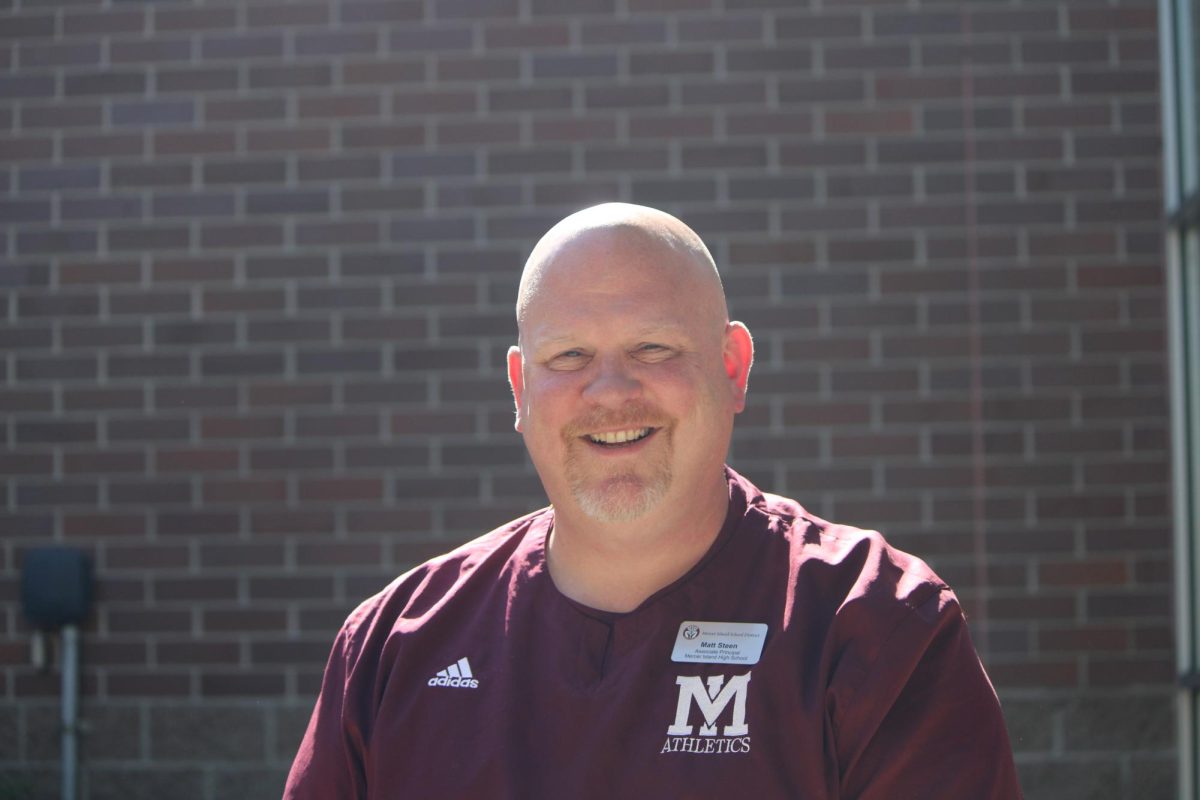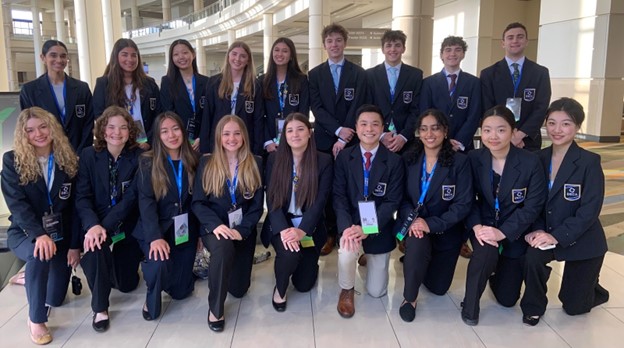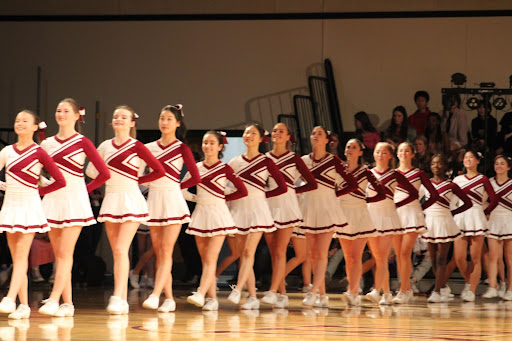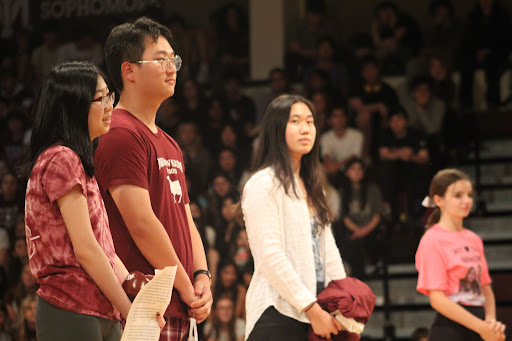While ongoing construction at Mercer Island High School has sparked many rumors about a parking shortage, the truth is, the City of Mercer Island requires that MIHS maintain the same total number of parking spaces during and after construction. The spaces, however, can be reallocated among faculty, staff, visitors, and students by school administration. According to MIHS Principal Vicki Puckett, there were 150 spaces dedicated to student parking last year. This year, students have access to 160 spaces.
Reserved student spaces are available by a lottery system, open to all students in good standing. Certain students, such as ones enrolled in off-campus classes, like the Running Start program receive priority parking. As a practical matter, such students with classes on other campuses could not make their MIHS classes on time without a dedicated parking spot.
This semester, every senior who met the deadline received a space. In fact, there were 33 spaces available for the second wave of students: seniors who missed the original deadline, juniors, and sophomores. Of course, the number of available spots may change as the demand for parking spaces fluctuates because of a variation in the number of juniors and seniors each year.
Student parking “is a privilege, not a right,” said Puckett, and students in bad standing may lose their spaces. For example, it would not make sense to award a space to someone who is skipping classes. In addition, providing a space to a frequent skipper may facilitate more “skipping” because it guarantees a parking space upon return to School. Students who have illegally parked in visitor spaces or at the Administration Building in the past may be considered in bad standing and denied parking next year.
While the City allows parking adjacent to its property known among students as “the strip,” residential neighbors do not appreciate the trash, noise, and smoking that student parking generates, according to Puckett. Most importantly, neighbors need access to their driveways. To appease the neighbors, the City banned parking near campus, except in places such as the strip. In an effort to address MIHS’ needs, the City permits the school to allow street parking 20 times each academic year, leaving Puckett to carefully determine which events will generate the most traffic, such as the Senior Assembly, Senior Breakfast, and the Breakfast of Champions. Ultimately, MIHS wants to be a good neighbor, and have the support of the community.
Puckett and MIHS Associate Principal Mark Zmuda stress that one of MIHS’ goals is to educate students to make responsible decisions regarding their environmental impact. Two BRIDGES classes this year are dedicated to environmental issues. MIHS added more bike racks this year, and students are encouraged to walk, carpool, and ride the bus instead of driving. Puckett leads by example, walking or offering to carpool whenever possible. MIHS also added electric vehicle charging stations to encourage more eco-friendly vehicles.
One significant change with parking that may have gone largely unnoticed is the elimination of daytime auction spots. In past years, MIHS donated parking spaces to booster clubs, which were then auctioned to the highest bidder. Zmuda explained that it was unfair to award even a few student spaces on the basis of financial worth, allowing the wealthiest students to circumvent school rules, deadlines, and good standing requirements. Parking after school, such as at football games, may still be available for auction upon approval by Zmuda.
Despite perceptions, student parking has not changed much since last year. Seniors still have on-campus priority, and street parking along the strip is open to all but usually fills by 7:30 a.m.


